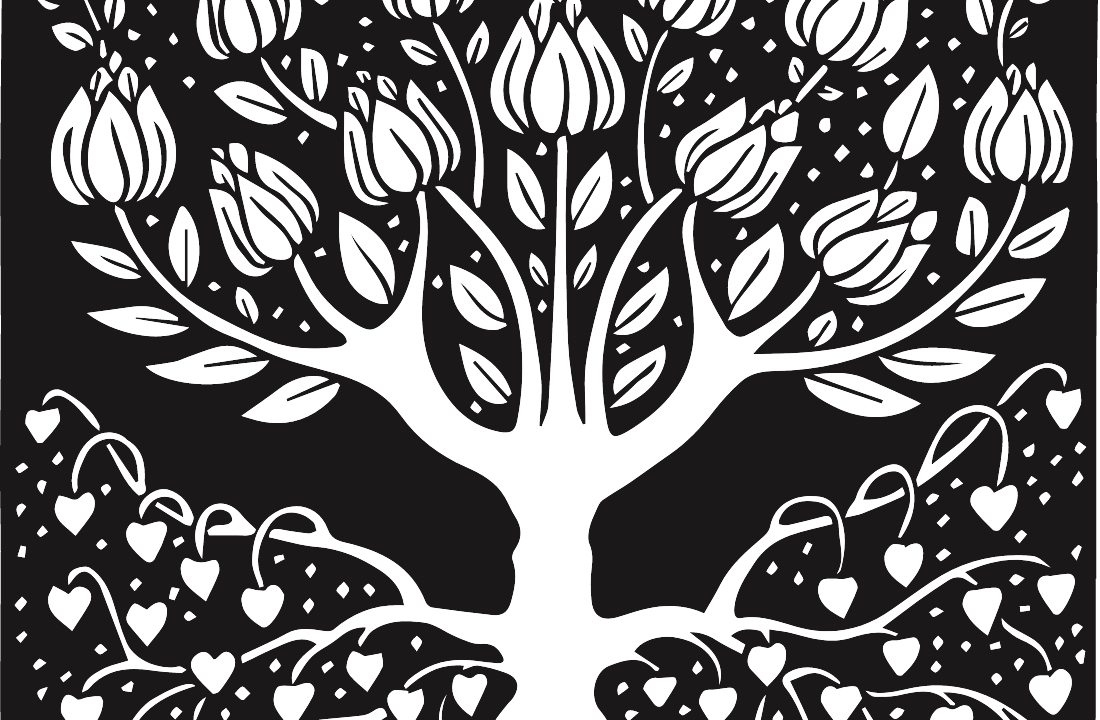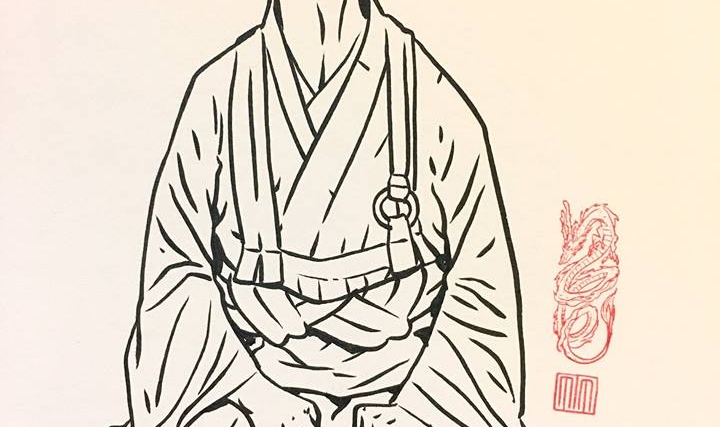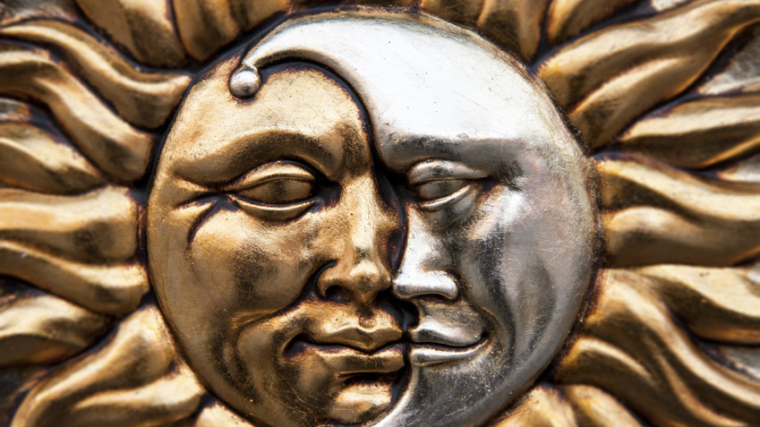Blue Cliff Record, Case 6
Yun Men said, “I don’t ask you about before the fifteenth day; try to say something about after the fifteenth day.”
Yun Men himself answered for everyone, “Every day is a good day.”
Hoffman translation
Master Unmon said, “About the fifteen days before [i.e. before enlightenment] I do not ask you. Now that fifteen days have passed, come, say something.” Nobody answered. Unmon himself said, “Every day is a good day.”
Background
Yunmen Wenyan (864-949). First studied under Muzhou Daoming. He had to knock on Muzhou’s door for three days before Muzhou opened it.
Muzhou then grabbed Yunmen and shouted, “Speak! Speak!” Yunmen hesitated. Muzhou shouted, “Good for nothing!” and slammed the door on Yunmen’s leg. Yunmen screamed in pain, but at that moment was enlightened. However, he was crippled for life.
After studying with Muzhou for several years, Muzhou told Yunmen to go study with Hsuehfeng. And eventually he became Hsuehfeng’s dharma heir.
Whao! What a character this Muchow is! His story is that, as a kid he felt destined to become a zen monk when he saw a group of monks and felt a close affinity to them. He felt that he had known these monks for some time. So he left home and went to a monastery to study.
He was quite forbidding. He had a fierce face was graced with seven pockmarks. He began by studying the Vinaya, later the Sutras, and then found Huangbo with whom he studied. Eventually, he became chief monk at Huangbo’s and later one of Huangbo’s dharma heirs.
His teaching style as you heard from the encounter with Yunmen was quite severe. Whenever anyone wanted to see him and knocked on his door he would shout “Nobody home! Go away!”
There’s also another side to Muchow. At one time during the turmoil of a rebellion in China he went home to live and take care of his mother. In order to support her he made straw sandals. He placed a pair of his sandals on the city gate to advertise them. A rebel force then was entering the city. The leader of the rebels saw the sandals and went to pick them up but they wouldn’t move. They were fixed like stone. The leader became frightened. He thought there is someone holy living in this city. We’d better not enter and so the rebels went away.
Muchow also was instrumental in Linchi’s enlightenment. He was head monk at Huangbo’s when Linchi came to the monastery. Muchow was impressed with Linchi’s ardor. So he asked him how long he’d been at the monastery. Linchi told him, “Three years.”
“Well,” said Muchow, “have you gone to interview with Master Huangbo yet?”
“No,” said Linchi, “I don’t know what to say to him.”
And so, Muchow set him up. He told Linchi to ask Huangbo what the essential meaning of Buddhism is. Linchi did and before he could finish a sentence Huangbo hit him and threw him out of the room.
He went back to Muchow and told him that he wasn’t able to even get ten words out when Huangbo hit him and threw him out. Muchow told him not to worry and to go back. And so Linchi did, three times! Each time Huangbo hit him and threw him out. Finally, Linchi had enough and told Muchow that he was skipping out. “OK,” said, Muchow “but first you have to go see Master Huangbo and say goodbye.”
Before Linchi got to Huangbo, Muchow did and pleaded with Huangbo to go easy. “He’s a good guy,” he said. “He’ll go far in the dharma.”
So Linchi entered the interview room and asked permission to leave. Huangbo very graciously said that he didn’t need permission. Just go. But if you really want to understand what’s what you’d better go to Gao’an Monastery and practice with Master Dayu.
Linchi did. And he told Dayu all about Huangbo’s hits and shouts and being thrown out of the room three times. Dayu said, “You fathead! You don’t realize that Huangbo was giving you the straight answer to your question with his actions.” And Linchi got it. I wonder how many here get it?
Then Linchi returned to Huangbo and eventually became one of Huangbo’ s dharma heirs and became one of the greatest
Zen Masters of the Tang Dynasty—indeed of all time. And he became the patriarch of the Linchi or Rinzai School of Buddhism.
And so this is the Muchow of our present koan. This is the spiritual father of the crippled Yunmen. And Yunmen became one of Muchow’s successors in the dharma. But he wasn’t a dharma heir. He later studied with Xuefeng, at Muchow’s suggestion I may add, and became Xuefeng’s dharma heir.
Yunmen was known for his simple, often one word, even one syllable answers. They became known as Yunmen’s one-word barriers. He also had the habit of asking questions of his sangha and provided the answers himself as he does in this koan.
Reflections
The Hoffman’s translation suggests that the space between the fifteen and sixteenth days is the space of enlightenment.
Like the space between inhalation and exhalation.
But Yunmen’s answer suggests there is no difference between before and after enlightenment.
That there is no difference between inhalation and exhalation—inbreath and outbreath.
But is this so?
No difference?
With the inbreath the lungs inflate with air which then converts to oxygen and streams to the heart and then reaches every cell of the body. At least it does so when everything works. If you have pulmonary fibrosis you need a little help.
With the outbreath the lungs let go of used air, releasing poisonous carbon dioxide into the environment. When enough of it gathers we have green house gases and poor air quality and ozone layer and global warming and so forth.
Inbreath contains oxygen. Outbreath contains carbon dioxide.
Inbreath brings life. Outbreath brings death.
So there seems to be a difference between in and out breath. And I suppose there also is a difference between before and after enlightenment. Between the fifteenth and sixteenth day.
Sekida says that the days before the fifteenth day are
- The days before today.
- The days before you were born.
- The days before your enlightenment.
- The days before your coming out of absolute samadhi.
But he says nothing about the days after enlightenment.
Tenkei points out that the fifteenth/sixteenth days are the midpoint of the month.
Everything in this koan seems to point to the midpoint. Everything seems to suggest that the midpoint is the turningpoint. The place where you place the fulcrum. The place where change happens. The place where you find yourself as Dante did “Nel mezzo del cami’n di nostra vita.” At the midpoint of the journey of our life.
The place sought by the koan so many of you have worked on: What is the essence or root of this very moment?
And those of you who have successfully found that moment found what Yunmen is talking about. That every moment is the midpoint moment. And that no moment is the midpoint moment. Because there is no moment. Because every moment is every moment. Because every day is the fifteenth day. Because every day is the sixteenth day. Because every day is every day. Therefore everyday is a good day.
And what is a good day? Some of you may know that Margaret as a physican assistant specialized working with AIDS patients. She was asked by the Albany Medical Center of New York to found and develop and be the first medical provider of the AIDS Center at Kingston, New York. One day after work at home she told me something one of her patients told her. As you know, there is the farewell saying, “Have a great day.” Margaret said this to one of her patients. She replied, “Margaret, every day above ground is a great day.”
Yun Men said, “I don’t ask you about before the fifteenth day; try to say something about after the fifteenth day.”
Yun Men himself answered for everyone, “Every day is a good day.”



